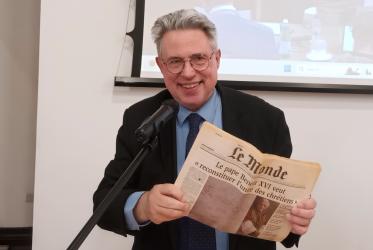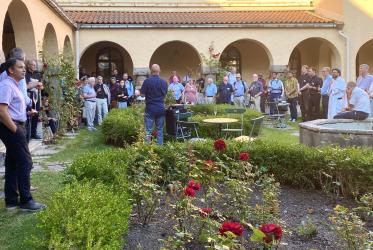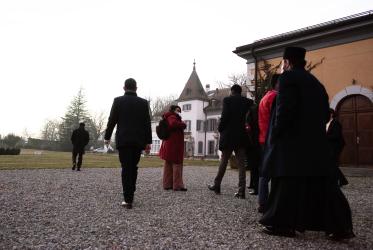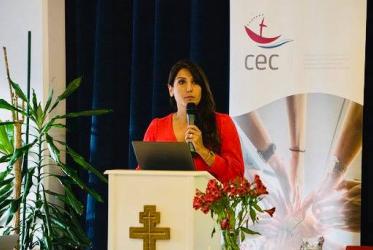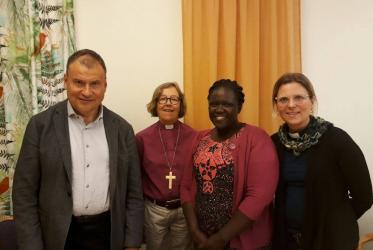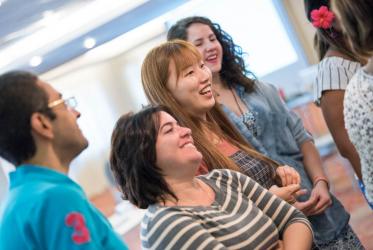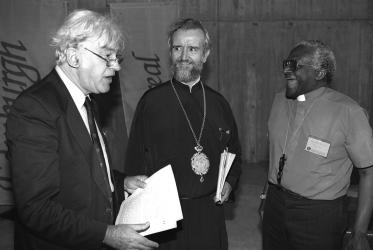Displaying 1 - 20 of 26
15 November 2023
WCC Permanent Committee on Consensus and Collaboration convenes
20 February 2020
WCC assembly preparation on agenda for Conference of European Churches
30 September 2019
Casely Essamuah, ‘working for the greater glory of God’
26 October 2018
Nordic churches embrace 'The Gift of Being'
15 September 2017
WCC pays tribute to Günther Gassmann
23 January 2017


